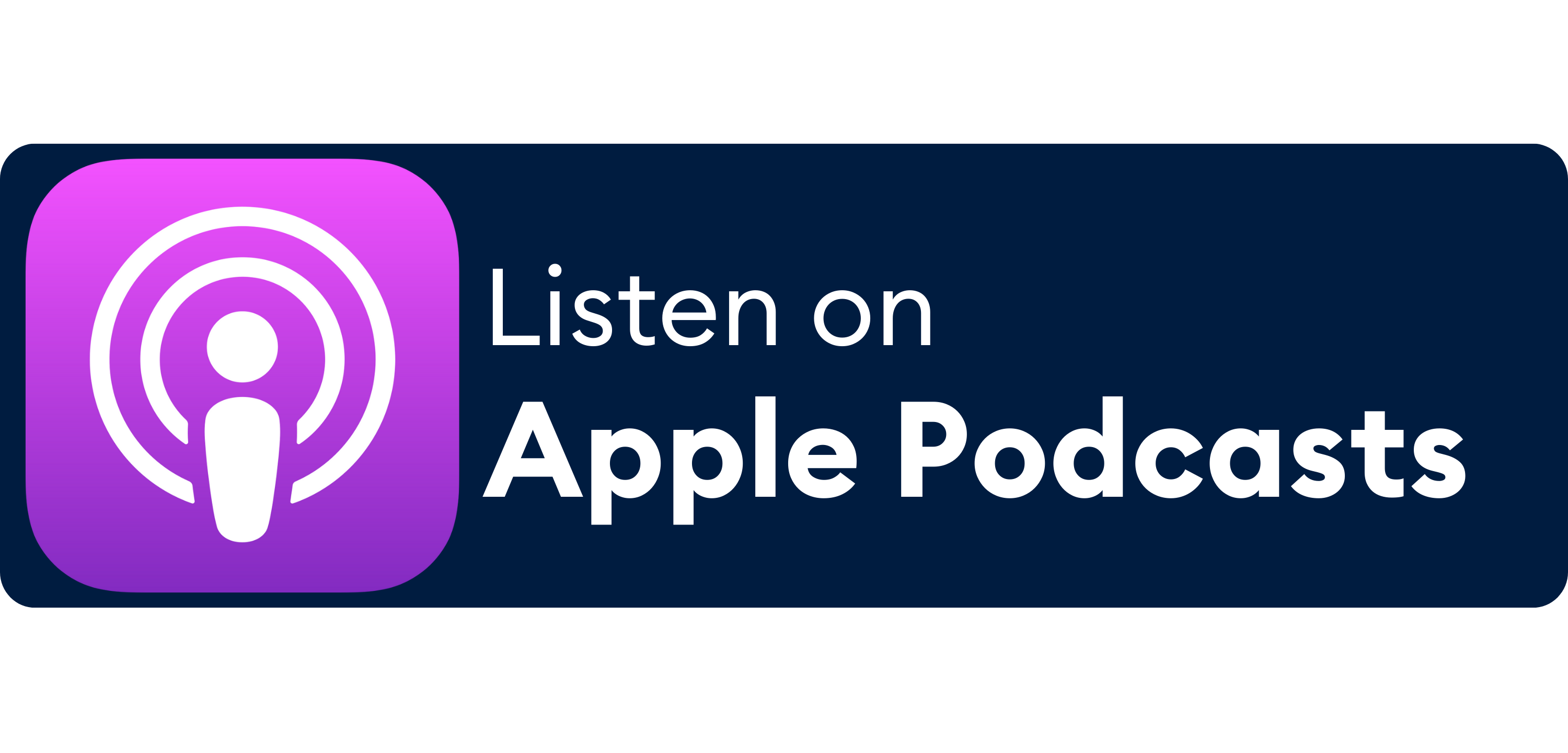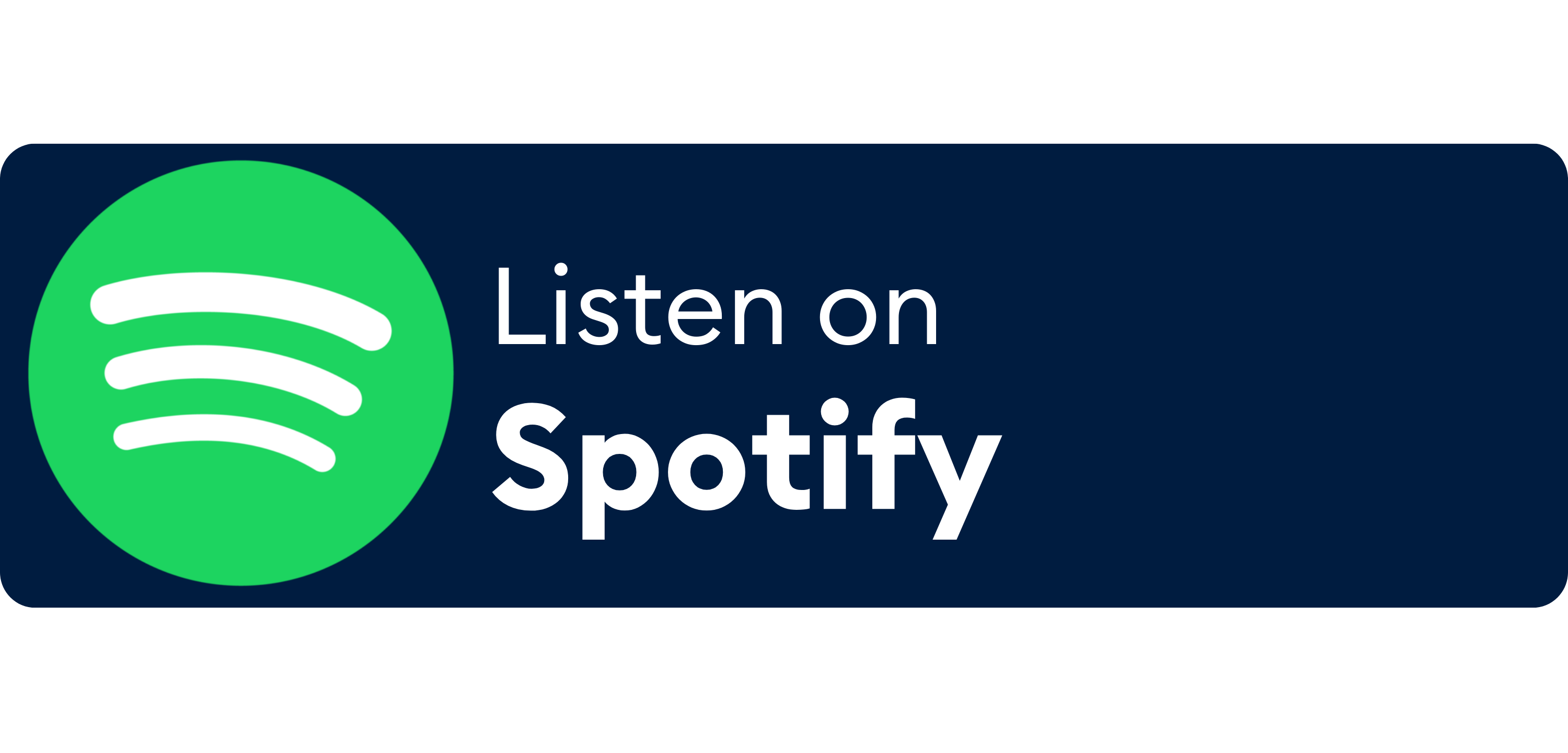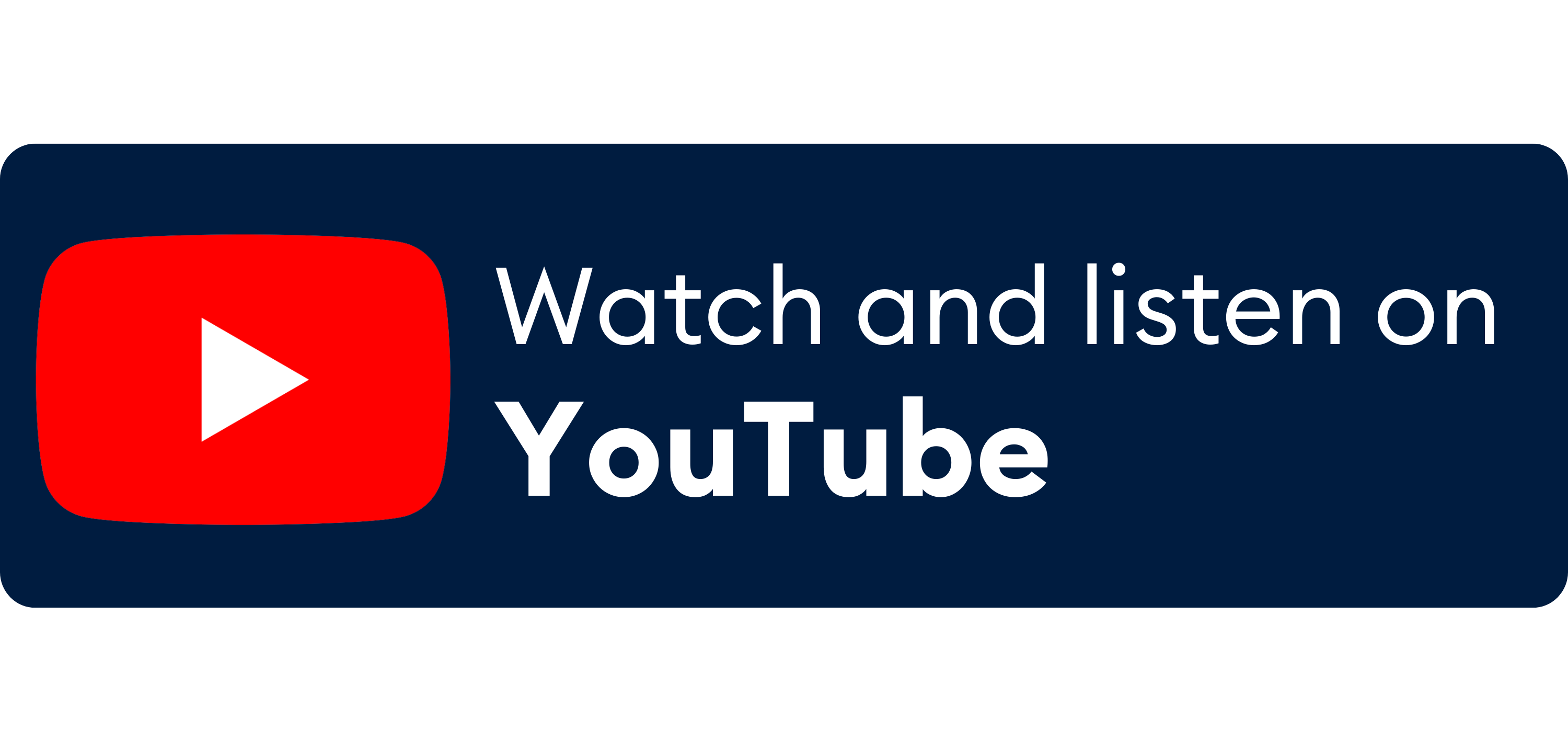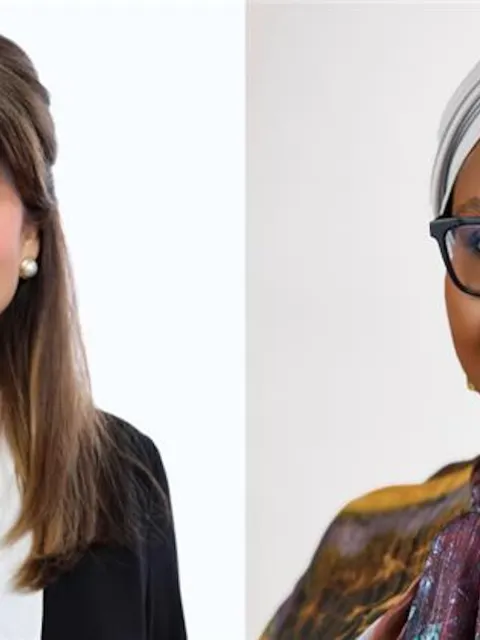Podcast "Let's Talk Cancer": Love and loss: how to support those with terminal cancer and their families?

"It was her joy, the strength of her character, that gave us the strength to keep positive ourselves." – Sukanti Ghosh about his wife who passed away from cancer at the age of 47
When Soma Ghosh was diagnosed with cancer in 2016, she was 41 years old and given just six months to live. Her family moved countries, from India to the United States, in search of the best treatment in the world, consulted several doctors, and changed schools and jobs. Soma passed away in December last year, six and a half years later.
Sukanti Ghosh, her husband, joins us to discuss this chapter of their lives - his role as a caregiver, the toll taken by cancer on their family, and the importance of a supportive caregiving framework of employers, family and friends.
See podcast transcript below
Listen on: Spotify | Stitcher | Apple Podcasts | Amazon Music | Audible | Deezer
Get notified of new podcasts by email
Podcast transcript
Cary Adams: Hello and welcome to Let's Talk Cancer. I'm Cary Adams, the CEO of the Union for International Cancer Control. When Soma Ghosh was diagnosed with cancer in August 2016, she was 41 years old and given just six months to live by one of India's leading oncologists. This was followed by a whirlwind of tests, misdiagnoses, relapses, rounds of chemotherapy and countless hours in hospitals. During this period, her family moved countries from India to the United States in search of the best treatment in the world. They consulted several doctors and they changed schools and jobs. Soma passed away in December last year, six and a half years later. So Sukanti Ghosh, her husband, joins us today to discuss this chapter of their lives, his role as a caregiver, the toll taken by cancer on their family, the critical importance of a supportive caregiving framework for employers, family and friends, and the fact that he believes there is a role for him to play in celebrating Soma's cancer journey. So Sukanti, it's lovely to meet you.
Sukanti Ghosh: Thanks, Cary. It's a pleasure to be here.
Cary Adams: Perhaps you could start off by painting a picture of Soma.
Sukanti Ghosh: Soma was amazing. She was a force of nature. She and I met 25 years ago. And believe it or not, I think it was within the first few minutes of meeting her that I was fairly sure I'd met the person I really wanted to spend the rest of my life with. And the two of us got married on the 22nd day of meeting each other. I feel very fortunate that she decided to spend her life with me.
Cary Adams: So she was diagnosed with terminal cancer. I mean, very clearly it was terminal cancer. So what was it like to live with that reality? That you were looking at someone who clearly you fell in love with in the first moments? Who was going to go? How did that happen?
Sukanti Ghosh: Well, unfortunately Soma was misdiagnosed five times between March and August 2016, and there were multiple doctors, six, in fact, oncologists, who had come and seen her, and nobody really knew what was happening to her. When we were told that Soma literally had months left, it was very, very abrupt. You know, this gentleman walked into the into her room, leafed through her papers, and the next thing he turned around and said was, you're a late stage cancer patient and you don't have much time. Soma's only sister was also diagnosed with cancer two years prior to Soma being diagnosed with cancer. When her sister passed, five weeks before she was diagnosed, the family hadn't even had time to grieve from the loss of her sister.
Cary Adams: So how did the family take it then? Because, while you were shocked, presumably you had to communicate that to others.
Sukanti Ghosh: Well, my in-laws were there. They were with me in the hospital and my daughter was in school. It was difficult to get them to understand that things could go so horribly wrong when they'd lost one daughter at 35. And they just put it to rest, and the next one, the only other one, was diagnosed and given less than six months, there was this feeling that we'd had enough and we needed to get Soma to the best cancer hospital in the world to try and figure out what was going wrong.
Cary Adams: I think you then went to America. Is that right? So what was your approach to this?
Sukanti Ghosh: To be honest, I didn't know where to take her. So I actually went up to this gentleman and said I think I've had enough of this because your doctor number six, and I need to get her to the best cancer hospital in the world to figure out what's wrong with her. And he turned to me and said, if you've got the means and the money, take her, but it won't make a difference. And I said, well, that's for God to decide and for us to try. So this was the 4th of August. On the 17th of August, we were on a flight to Houston. And on the 21st we got her to meet the physician in chief of MD Anderson.
Cary Adams: Did you go with your daughter then? How did you manage all of those challenges? Because that must have been quite a traumatic time for her, because not only was her mother diagnosed with cancer, but presumably had to leave her friends or family or school and everything. How did you do that as the person in charge?
Sukanti Ghosh: It was almost like moving into mission mode. Right. And I not only had my wife and daughter, I actually took my in-laws with me as well, because I wanted them to see and wanted everyone to be together because I've always believed that we were and we are much stronger as a family unit, rather than individuals. And I wanted all of us to be rallying around trauma together and not let her go into periods of self doubt.
Cary Adams: Now, originally the diagnosis was six months. And of course, as we know, it went up for six years after that. How did you keep your strength up during that time, Sukanti?
Sukanti Ghosh: I sort of kept my spirits up and kept my strength up by looking to Soma. Right. She was an incredibly strong woman and an incredibly positive person. And even right through to the very end, nobody could tell if you met her. You know, outside the periods of intense chemo activity, nobody could tell that she was unwell. She travelled extensively, she wrote extensively, she lived life to the fullest. And it was her joy, the strength of her, of her character, that gave us the strength to keep positive ourselves. And sorry, it's difficult times. But the fact is that...
Cary Adams: Please take your time. Take your time.
Sukanti Ghosh: Again, it goes back to the fact that we were stronger together as a family, right? As a family unit. And we were there for each other.
Cary Adams: I really appreciate you talking to us. I can see that it's – I can hear that it's distressing you. And that's bound to happen because no one ever leaves us. And that's what happens, they stay with us. In terms of your family, then, how did your daughter deal with it all?
Sukanti Ghosh: She's the only child and someone who was very close to her aunt and very, very close to her mother. It was very difficult for her. And the fact of the matter is, Soma was very clear that she didn't want her daughter to be too caught up with, you know, all the treatments and all the relapses, you know, 74 rounds of chemo, six relapses. So she wanted our daughter to chase her dreams. And that's exactly what she did. She's a design major. And she spent her first two years of her Bachelor's programme at Parsons in Paris and the next two years in New York, and, you know, and then got into her master's programme at the London College of Fashion. I think my daughter, as well, found strength in the fact that Soma really wanted her to live her dream and not get lost in, um, I won't say the hopelessness and the negativity, but, you know, the surety that was very clearly a part and parcel of our lives, you know, for that period.
Cary Adams: Do you feel that that's affected your thinking as well in terms of, you know, your ambition now? Because I know you've become – I mean, we met because you reached out to me because of the situation. And, you know, you were prepared to talk about your story to help others. So how has it affected your reframing of the future?
Sukanti Ghosh: Over the last six and a half years, we've lost probably a couple of dozen friends to cancer. And in most cases, what we've really seen is that people just give up even before they start to try. And what we saw in Soma was this strength to live life to the fullest, to not give up. And and that's what, you know, the message that I want to share on her behalf to everybody, you know. That's what what we realized at MD Anderson as well, you know, we saw kids from school and college, we saw working professionals. We saw elderly people. We saw people from around the world, you know, everybody coming in, receiving their treatment and going back to work, going back to living their lives. And that was a very valuable lesson because typically, you know, when you hear that your loved one or anybody for that matter has terminal cancer, everybody gives up on that person. Your friends, your employers, even your family, your doctors even. And Soma didn't give up.
Cary Adams: Well, clearly she did not. I mean, six years from her six month diagnosis is pretty incredible. What are your recommendations? What do you think are you would say to others if you, you know, if you met someone today whose wife has just been diagnosed with terminal cancer, what would you say?
Sukanti Ghosh: I think the first thing to remember is, you know, this person, your wife, your spouse, your partner, your husband, your whoever he or she is a person first and then a patient. Right? So don't don't forget them, you know, or lose sight of them because of the fact that they've got an ailment or a disease that they had no control over to begin with. I'd request, you know, friends and family members to empathise with them and not sympathise with them. You know, try as you might, you haven't a clue. We don't have a clue what's going through the mind of these people and what they're going through. You know, try as you might, you're not feeling the medicine's coursing through your veins. So, you know, leave your crocodile tears at home and don't make matters worse by trauma dumping and trying to tell them that you understand and you've got more pain or somebody else, you know, has more pain. Listen carefully to what that person is saying, right, to what that person really needs. You know, too many of us get into this situation. We meet people who are terminally ill or families and you know, that are going through this. And and we quickly relapse into our problem solving mode and we try and dump them with our misguided kindness. And, you know, they don't need it. When our friends, very well meaning friends and very, very dear friends, you know, asked us multiple times, so what can we do to help? And we said, you know, in many cases Soma would say, no, you know, we we don't we really don't need anything. What we do need is a slice of the normal. Don't treat us in any way as if we're special or, you know, unable to do things or do anything differently. Just give us a slice of the normal sit down, watch a movie, go somewhere, have a meal, laugh, joke. You know, we don't need anything special. Don't call us out for being, you know, incapable of doing something. I think way too often people, people assume that, you know, they know what the person needs, rather than taking the time to ask them what they really need. And at times, all these people need is a little bit of attention and a little bit of time, because that's what's been snatched away from them. Enjoy and cherish every moment you have together, because that will have to last you a lifetime.
Cary Adams: I fully understand what you're saying there. We are people first and patients second.
Sukanti Ghosh: To be honest, Cary, you know, again, we've come across so many doctors who don't know the first thing in terms of how to deal with patients that are going through terminal illnesses like cancer. We've gone through so many counsellors that we've met who've burst out crying themselves and have left us gobsmacked, looking at them, wondering, you know, aren't they supposed to be the ones who are counselling us and listening to us, or is it supposed to be the other way around? This is an area that people know so little about in terms of, you know, what's the right thing to do? Organisations, you know, we can talk about organisations and, and the role they should play. And some of them do. But you're right. Most of them don't have a clue.
Cary Adams: Well, let's let's move on to that, because obviously you've made it your personal ambition to educate, to inform, to talk about your own experience so that others can learn and and hopefully become better in dealing with a person who has terminal cancer. So talk to me about that.
Sukanti Ghosh: So I'll give you a very interesting example, Cary. And both of us are parents. I remember when I was young, and had my daughter. You know, in those days people would get three months of maternity leave and nobody had heard of paternity leave or family leave. And, you know, I love the fact that organisations have become far more sensitive to the fact that families go through this together and there is a need for family leave. And the family leave has, in many cases, now moved on to six months and in certain organisations, even a year. Now, contrast that to what we went through, where we had to move countries, change jobs. Soma went through six relapses, 74 rounds of chemo, six and a half years of uncertainty. And then you're expected to wipe away all of that in five days of bereavement leave and snap back to normal as if nothing has ever happened. You know, if birth is a reality of life and all of our lives, so is death. So how do you contrast? You know, the two. Even the most generous organisations, if you look online, you'd find has 20 days of bereavement leave. Your life's just been turned upside down. You've gone to war with everything that you've had, and you're expected to snap back to normal in five days. But the fact of the matter is, you know, all said and done, if birth is a reality of our lives, so is death.
Sukanti Ghosh: Where are there pathways to actually onboard such people right as they're coming back? You've got a lot of programmes to help mothers who've taken time out after maternity to onboard and reenter the workforce. Where are their pathways today to help people who've been bereaved? Where are their pathways to help such people get back into the workforce, to get back to the prime of where they were? You know, even when you look at our people who've gone to serve our nation, have gone to war. There are pathways to help them reintegrate into life. Where are the pathways for people who've gone into emotional social battles like this and come out battered and bruised and bereft? The only other thing that I would say, Cary and, I'm sorry, this is a bit of a monologue, but the only other thing that I'd say is, I think there also needs to be pathways to allow people like me who want to give back. To give back beyond just writing a check. I am committed to trying to share this story of positivity, of strength, of courage, of trying to help organisations realise how they can be supportive of people like us, who've unfortunately had their lives turned upside down. The easiest thing for me to do is to close this chapter of my life and move on. But I refuse to do so.
Cary Adams: Generally, there's a broader focus on the the life of a survivor and how they can cope with the mental issues, the health issues, the physical issues, the often the consequence of the treatment and how they can get back into work, into their life. And you're right, the life of a a caregiver post the death of that partner, of their partner, I don't think does probably get the profile that it needs to have within the cancer community. And I think you make a very valid point about us understanding the potential role of a caregiver with experience that you have in the community to help other caregivers, and give them guidance. And this podcast, of course, is a is a step in the right direction so we can make it available to our community globally.
Sukanti Ghosh: Soma was my purpose, right? The last seven years, it was the family's purpose to keep her well, to get her the best medical care in the world. To make sure that we landed. Well, one of the biggest challenges that the family faces, the caregivers face after the passing of the person that we lived for, is identifying a new purpose because if you have loved and lived and loved and lost, you need to find a new purpose.
Cary Adams: I can fully understand that, fully understand that. So I think we'll stop there. I'm sorry that it brought back some sad memories for you. But in some respects, those sad memories are motivating you, motivates us to talk about your story. And you can't talk about it without remembering all the good times and the sad times. It's impossible. So I really appreciate you being so open in this discussion, and I wish you well in your new purpose. And I wish your daughter well, and her Masters and moving into her career. And I do hope that we'll catch up soon. So thank you very much indeed.
Sukanti Ghosh: I'm really grateful to you for giving me this opportunity to share my story. And I just hope we become far more sensitive as people, as a community.
Cary Adams: Thank you for listening to Let's Talk Cancer. If you have your own experience of cancer as a patient, family member or friend, we want to hear your story. Head to worldcancerday.org and find the form. Whether it's to mourn those who have passed or to celebrate progress in care, World Cancer Day is a time for the whole cancer community to come together and call for a world less burdened by the disease.
Last update
Monday 15 January 2024




